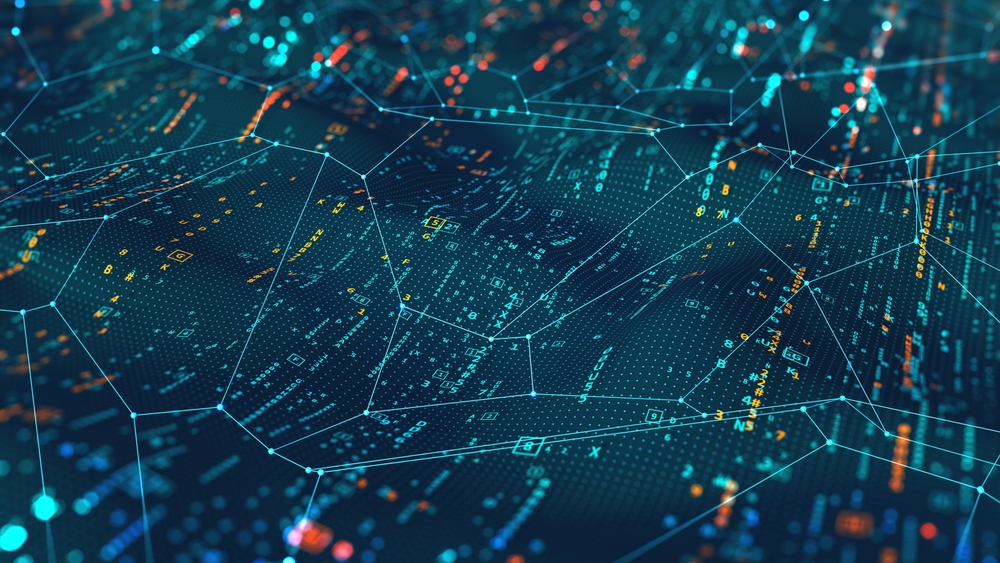When it comes to combating COVID-19, many medical professionals say that contact tracing could be our best shot. And contact tracing apps are integral to this process.
But these apps must prioritize privacy while they track us, researchers argue.
What is a contact tracing app?
Contact tracing involves tracing an infection through everyone that a sick person has interacted with. It also involves retracing their travel and determining high-risk areas for infection.
Contact tracing apps condense that information into something that users can refer to:
"These Apps would allow the persons with whom an infected person had physical interaction to be notified, thus enabling them to go into quarantine. The Apps would work by using Bluetooth or geolocation data present in smartphones."
Open letter by health researchers on privacy in contact tracing
An open letter written by more than 300 researchers explains the security risk and privacy risk associated with contact tracing apps, particularly those that use GPS:
"Though the effectiveness of contact tracing Apps is controversial, we need to ensure that those implemented preserve the privacy of their users, thus safeguarding against many other issues, noting that such Apps can otherwise be repurposed to enable unwarranted discrimination and surveillance.
Some of the Bluetooth-based proposals respect the individual's right to privacy, whilst others would enable (via mission creep) a form of government or private sector surveillance that would catastrophically hamper trust in and acceptance of such an application by society at large. It is crucial that citizens trust the applications in order to produce sufficient uptake to make a difference in tackling the crisis. It is vital that, in coming out of the current crisis, we do not create a tool that enables large scale data collection on the population, either now or at a later time."
That's a scary theoretical future.
Top 4 privacy demands for contract tracing apps
To ensure the privacy of users, the open letter provides four privacy principles for these contract tracing apps to adopt as the technology moves forward:
- Contact tracing Apps must only be used to support public health measures for the containment of COVID-19. The system must not be capable of collecting, processing, or transmitting any more data than what is necessary to achieve this purpose.
- Any considered solution must be fully transparent. The protocols and their implementations, including any sub-components provided by companies, must be available for public analysis. The processed data and if, how, where, and for how long they are stored must be documented unambiguously. Such data collected should be minimal for the given purpose.
- When multiple possible options to implement a certain component or functionality of the app exist, then the most privacy-preserving option must be chosen. Deviations from this principle are only permissible if this is necessary to achieve the purpose of the app more effectively, and must be clearly justified with sunset provisions.
- The use of contact tracing Apps and the systems that support them must be voluntary, used with the explicit consent of the user and the systems must be designed to be able to be switched off, and all data deleted, when the current crisis is over.
Researchers like some contact tracing app initiatives, such as the Apple and Google joint effort, which will use Bluetooth. This transmits less data than GPS.
"Research has demonstrated that solutions based on sharing geolocation (i.e., GPS) to discover contacts lack sufficient accuracy and also carry privacy risks because the GPS data is sent to a centralized location. For this reason, Bluetooth-based solutions for automated contact tracing are strongly preferred when available."
SecureWorld covered the Apple and Google initiative last week:
- In May, both companies will release APIs that enable interoperability between Android and iOS devices using apps from public health authorities. These official apps will be available for users to download via their respective app stores.
- In the coming months, Apple and Google will work to enable a broader Bluetooth-based contact tracing platform by building this functionality into the underlying platforms. This is a more robust solution than an API and would allow more individuals to participate, if they choose to opt in, as well as enable interaction with a broader ecosystem of apps and government health authorities.
How do you feel about contract tracing apps? Do the benefits outweigh the risks?
As you form your opinion, read the Open Letter on Contract Tracing Privacy.





